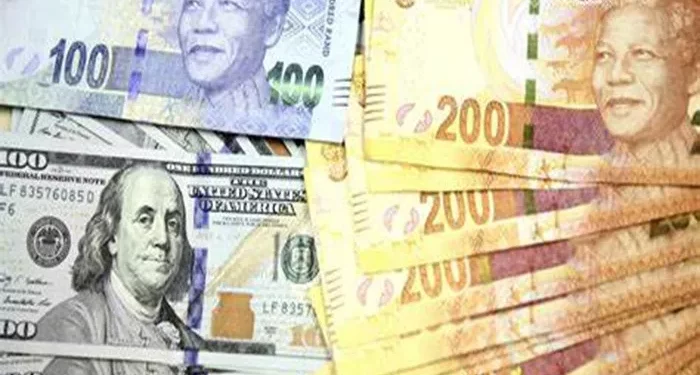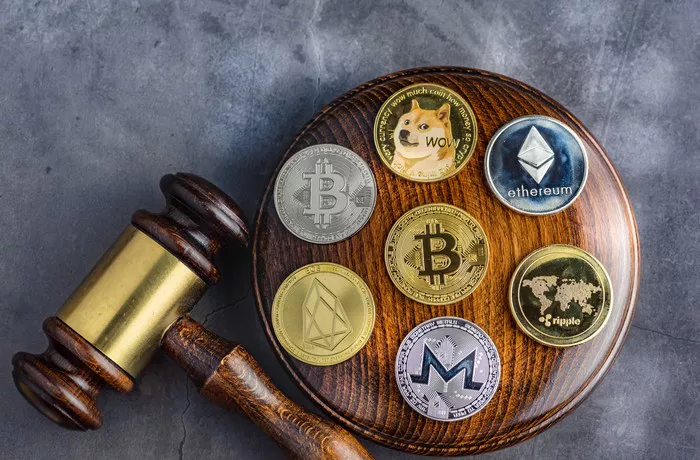Traveling to Thailand can be an exciting adventure, filled with rich culture, delicious food, and beautiful beaches. However, before you embark on your journey, it’s important to understand the financial regulations and limitations regarding how much US dollars (USD) you can carry into the country. This article will provide a comprehensive guide on the topic, including customs regulations, practical advice, and tips for managing your finances during your stay in Thailand.
Understanding Customs Regulations
When traveling to Thailand, it’s crucial to adhere to the customs regulations set by the Thai authorities. These regulations are designed to prevent illegal activities, such as money laundering and smuggling, and to ensure the smooth flow of legitimate currency.
1. Currency Declaration Requirements
Amounts Exceeding 20,000 THB or Equivalent: If you are carrying cash or equivalent in other currencies (including USD) exceeding 20,000 Thai Baht (THB) or the equivalent, you are required to declare it at the customs upon arrival. Failure to declare such amounts may result in legal consequences, including fines and confiscation of the undeclared funds.
Currency Equivalents: As of recent exchange rates, 20,000 THB is approximately equivalent to 600-700 USD. Therefore, if you are carrying more than this amount in USD, you must declare it.
2. Documentation
Customs Declaration Form: Upon arrival, you will be provided with a customs declaration form. Ensure that you accurately fill out the section related to currency and submit it to the customs officials.
Proof of Ownership: Carrying proof of ownership, such as bank statements or travel insurance documents, can be helpful in case of any inquiries or inspections by customs officials.
Practical Advice for Carrying Currency
While it’s important to understand the customs regulations, it’s equally important to consider practical aspects of carrying currency, such as security and convenience.
1. Security Concerns
Dividing Funds: To minimize the risk of theft or loss, consider dividing your funds into multiple locations. This could include carrying some cash in your wallet, storing some in a secure travel money belt or pouch, and keeping the rest in a safe deposit box at your hotel or hostel.
Avoiding Flashy Displays: Avoid displaying large amounts of cash in public places, as this can attract unwanted attention. Use secure payment methods, such as credit cards or digital wallets, whenever possible.
2. Convenience
Accessing Funds: Consider carrying a mix of cash and digital payment methods. While some small businesses and street vendors may only accept cash, larger stores and restaurants often accept credit cards and digital wallets.
Currency Conversion: Before your trip, you may want to convert some of your USD to THB. This can be done at your local bank, through online currency exchange services, or at the airport upon arrival. Keep in mind that exchange rates and fees may vary, so compare options to get the best deal.
Managing Finances During Your Stay
Once you’ve arrived in Thailand, managing your finances efficiently is key to enjoying a stress-free trip. Here are some tips for managing your money while in the country.
1. Setting a Budget
Estimate Your Expenses: Before your trip, create a budget that includes estimates for accommodation, food, transportation, entertainment, and souvenirs. This will help you stay within your financial limits and avoid overspending.
Adjust for Local Costs: Keep in mind that costs in Thailand can vary depending on your location and the type of accommodation and services you choose. For example, prices in Bangkok may be higher than in smaller towns or rural areas.
2. Daily Expenses
Accommodation: Thailand offers a wide range of accommodation options, from budget-friendly guesthouses and hostels to luxurious resorts and hotels. Prices can vary significantly, so choose an option that fits your budget and needs.
Food: Thai cuisine is famous for its diversity and delicious flavors. You can find affordable street food options as well as higher-end restaurants. Plan your meals based on your budget and taste preferences.
Transportation: Public transportation in Thailand is efficient and affordable. Options include buses, trains, taxis, and tuk-tuks. For longer distances, domestic flights are also an option. Research the best options for your itinerary and budget.
3. Saving Money
Look for Deals: Use travel websites and apps to find discounts and deals on accommodation, flights, and tours.
Avoid Tourist Traps: Be aware of tourist traps that charge higher prices for goods and services. Ask locals for recommendations or read reviews online to find authentic and affordable options.
Use Local Currency: Whenever possible, use THB to pay for goods and services. This will help you avoid additional exchange fees and get better value for your money.
Understanding the Local Financial System
To make the most of your trip, it’s helpful to understand the local financial system and how it works. This includes understanding the local currency, banking system, and payment methods.
1. Thai Baht (THB)
Exchange Rates: The exchange rate between USD and THB fluctuates, so it’s important to check the current rate before your trip. You can find exchange rates online or at your local bank.
Currency Notes and Coins: Thai baht notes come in denominations of 20, 50, 100, 500, and 1,000 baht. Coins come in denominations of 1, 2, 5, and 10 baht, as well as smaller denominations for smaller transactions.
2. Banking System
ATMs: ATMs are widely available in Thailand, especially in urban areas. You can use your international debit or credit card to withdraw cash in THB. Keep in mind that some banks may charge additional fees for international transactions.
Banks: Thai banks offer a range of services, including currency exchange, bank transfers, and credit card services. If you need to access your bank account or transfer funds, you can visit a local branch or use online banking services.
3. Payment Methods
Cash: Cash is still widely accepted in Thailand, especially in smaller businesses and street vendors. It’s a good idea to carry some cash with you for small purchases and emergencies.
Credit and Debit Cards: Many larger stores, restaurants, and hotels accept credit and debit cards. However, smaller businesses may not accept card payments, so it’s always a good idea to carry some cash as a backup.
Digital Wallets: Digital wallets, such as LINE Pay and TrueMoney, are becoming increasingly popular in Thailand. These apps allow you to store and manage your money digitally, making it easy to pay for goods and services without carrying cash or cards.
Legal Considerations and Penalties
As mentioned earlier, failing to declare large amounts of currency upon arrival in Thailand can lead to legal consequences. It’s important to understand the potential penalties and consequences of violating customs regulations.
1. Penalties for Non-Declaration
Fines: If you are found to have undeclared currency exceeding the allowed limits, you may be fined. The amount of the fine can vary depending on the severity of the offense and the discretion of the customs officials.
Confiscation: In addition to fines, undeclared currency may be confiscated by customs officials. This means that you may lose access to your funds during your trip.
2. Legal Consequences
Criminal Charges: In some cases, violating customs regulations may result in criminal charges. This can lead to more severe penalties, including imprisonment.
Impact on Future Travel: If you are found to have violated customs regulations, it may impact your ability to travel to Thailand or other countries in the future. Customs officials may share information with other countries, making it difficult for you to enter or transit through certain countries.
Conclusion
Traveling to Thailand can be a rewarding experience, but it’s important to understand the financial regulations and limitations regarding how much USD you can carry into the country. By adhering to customs regulations, planning your finances carefully, and understanding the local financial system, you can ensure a smooth and enjoyable trip.
Related topics:


































